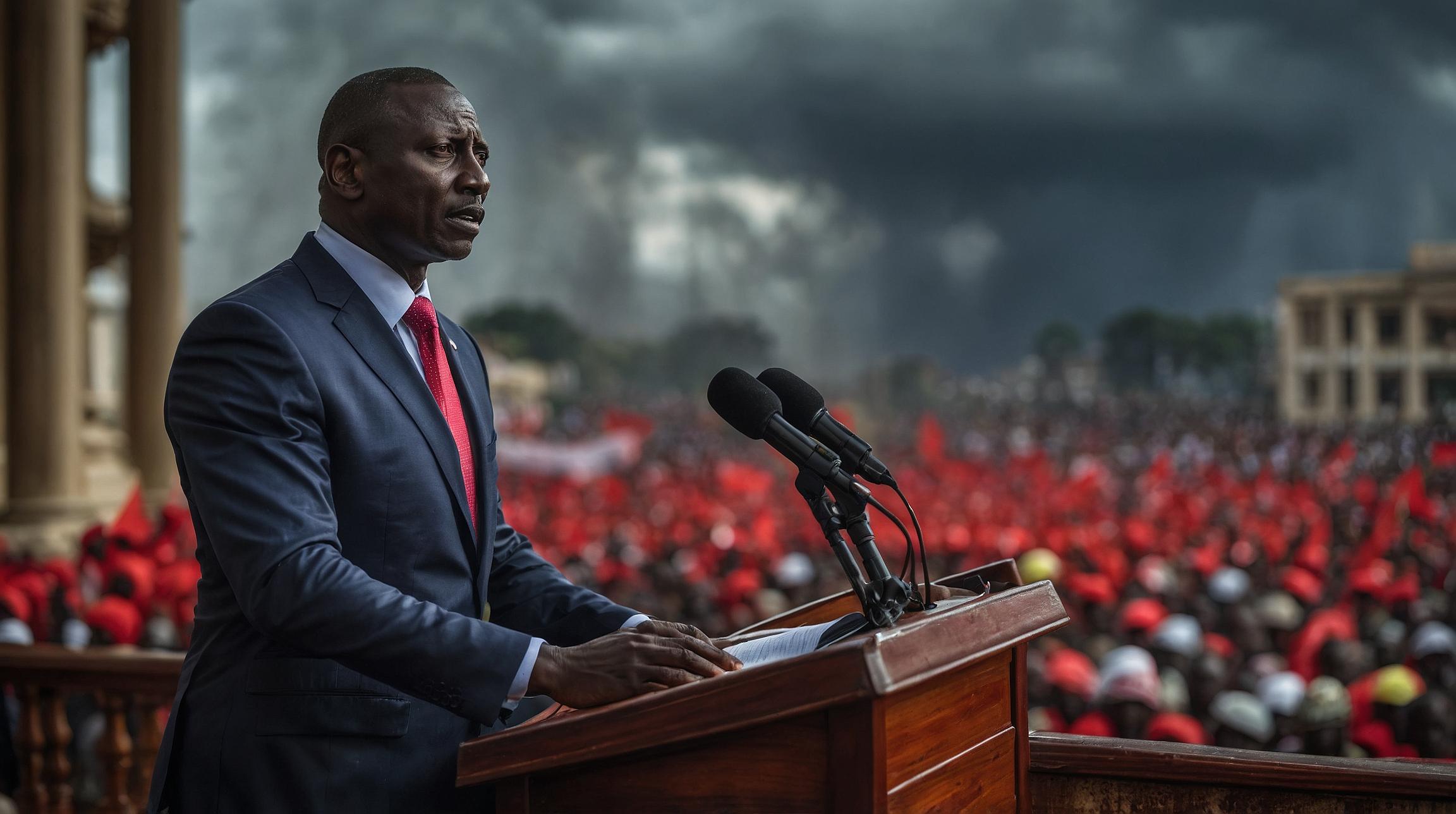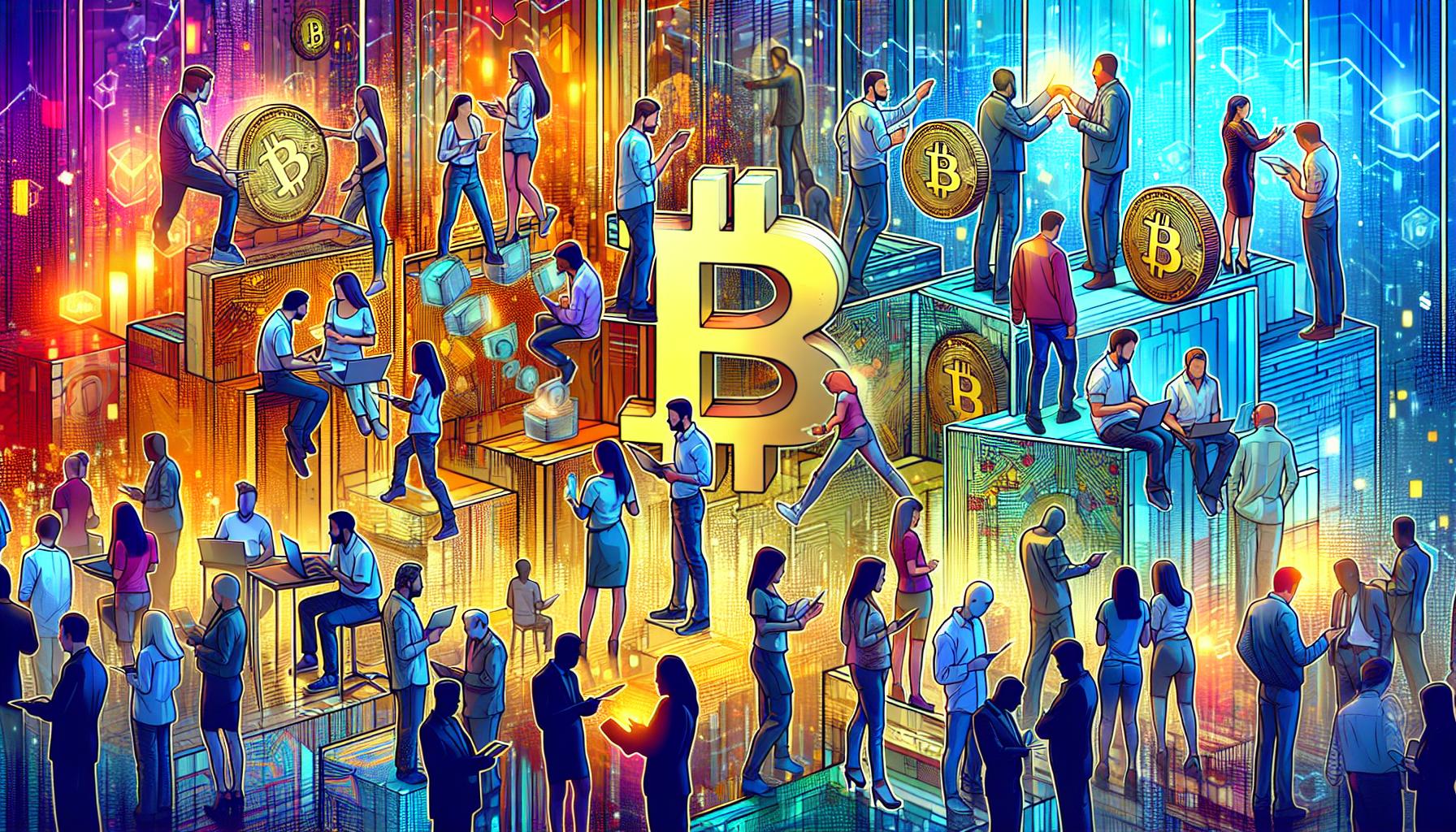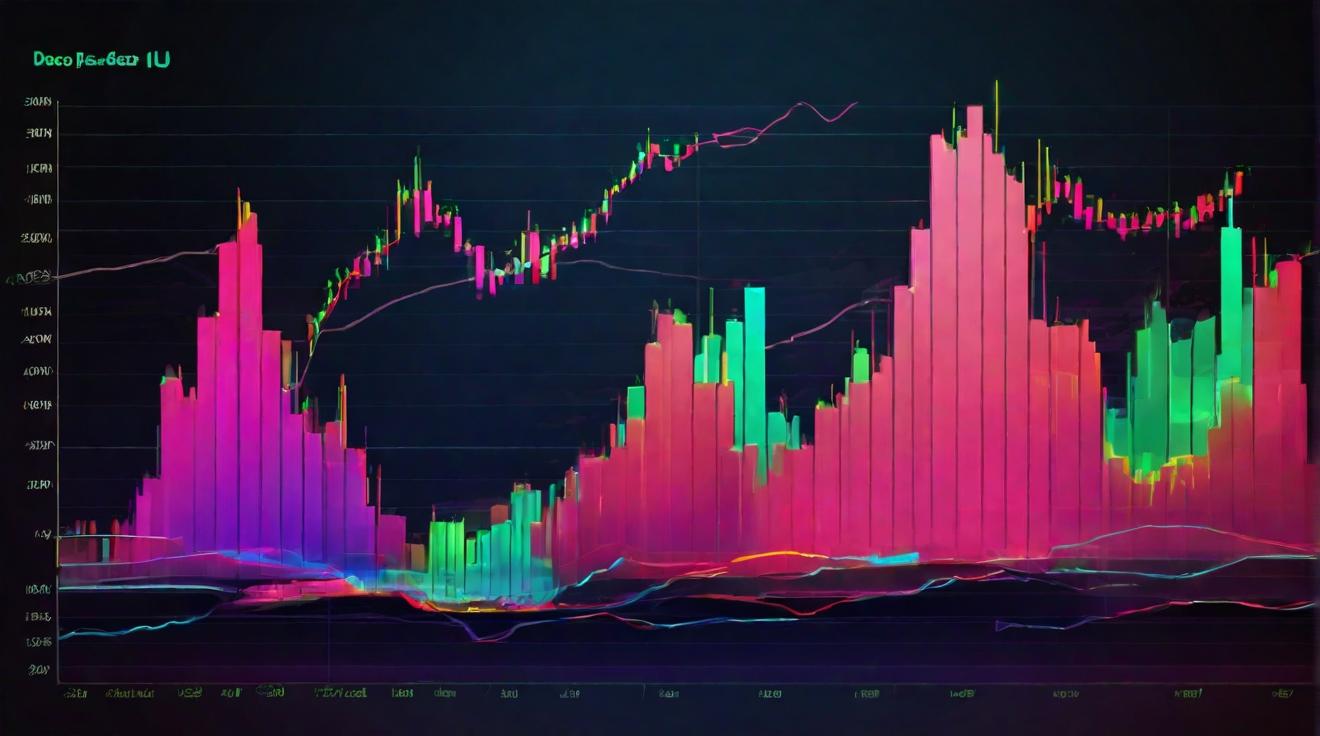Jamie Dimon Reiterates His Stance on Bitcoin as a "Decentralized Ponzi Scheme"
In a recent interview with Bloomberg, Jamie Dimon, the esteemed CEO of JP Morgan, once again voiced his skepticism towards Bitcoin, labeling it as a "public decentralized Ponzi scheme." Dimon's critical view of Bitcoin as a legitimate currency remains steadfast, with previous comments dismissing it as a fraud. Despite his sharp critique, Dimon sees value in the underlying blockchain technology and smart contracts, acknowledging the potential utility these technologies could offer.
Dimon's perspective on Bitcoin is notably harsh, particularly his association of the digital currency with illicit activities such as anti-money laundering and terrorism financing. He argues that without resolution to these issues, regulatory intervention is warranted. This position is somewhat contrasted by JP Morgan's involvement as an "authorized participant" in several spot Bitcoin exchange-traded funds (ETFs), highlighting a complex relationship with the digital asset.
A report from JP Morgan in December cast doubt on the long-term impact of Bitcoin ETFs on the market. Interestingly, the report suggests that Ethereum might outperform Bitcoin in 2024, indicating a shifting viewpoint on the future of cryptocurrencies within the banking giant. Despite his criticisms, Dimon's acknowledgment of blockchain technology and smart contracts as valuable innovations suggests a nuanced understanding of the digital asset space.
Jamie Dimon's commentary continues to stir debate within the cryptocurrency and financial communities, reflecting the ongoing dialogue about the legitimacy, utility, and future of Bitcoin and other digital assets.
Analyst comment
Neutral news.
As an analyst, Jamie Dimon’s criticism of Bitcoin as a decentralized Ponzi scheme may contribute to increased regulatory scrutiny. However, his recognition of the value of blockchain technology and smart contracts suggests a potential shift in JP Morgan’s stance on cryptocurrencies. Overall, the market may experience continued debate and speculation regarding the legitimacy and future of Bitcoin and other digital assets.













